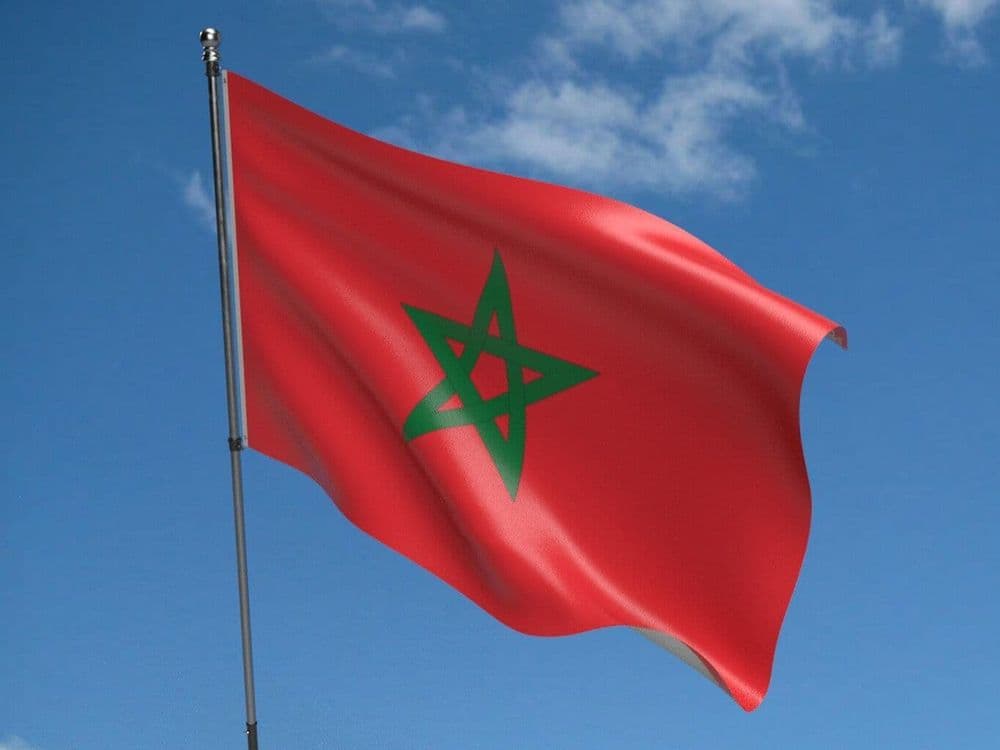Morocco Reaffirms Support for Vulnerable States at FAO Conference

Rabat, The Gulf Observer: Morocco has reiterated its full commitment to supporting Small Island Developing States (SIDS), Least Developed Countries (LDCs), and Landlocked Developing Countries (LLDCs) through effective South-South cooperation, particularly in the fields of sustainable agriculture, food security, and climate resilience.
This pledge was reaffirmed by Abdellah Laghmid, Morocco’s Deputy Permanent Representative to the United Nations organizations in Rome, during a meeting held on Sunday as part of the 44th General Conference of the UN Food and Agriculture Organization (FAO).
In his address, Laghmid emphasized that “The Kingdom shares its expertise in key sectors such as sustainable agriculture, fishing, irrigation management, renewable energy, vocational training, and food system transformation, tailored to meet the needs of partner countries, especially in Africa.”
Climate Leadership and South-South Solidarity
Underscoring Morocco’s proactive approach to climate action, Laghmid recalled the establishment of three major climate commissions dedicated to the Congo Basin, Sahel region, and island states. These initiatives were launched under the leadership of King Mohammed VI during COP22 in Marrakech in 2016 and reflect a vision rooted in solidarity, regional partnership, and sustainable development.
He further noted that Morocco’s development cooperation model, guided by the King’s vision, combines South-South and triangular cooperation, bilateral relations, and regional and international partnerships, placing Moroccan expertise at the disposal of developing countries.
Strategic Atlantic Initiative
Laghmid also highlighted the Royal Atlantic Initiative, a strategic plan aimed at transforming the Sahel region into an Atlantic corridor. The initiative supports numerous development projects by leveraging modern technologies and infrastructure to achieve the Sustainable Development Goals (SDGs).
According to the diplomat, this strategy will have a vital role within the African Continental Free Trade Area (AfCFTA), contributing to the regional integration and economic transformation of participating nations.
Addressing Food Security and Structural Challenges
Speaking on the persistent challenges facing food security in vulnerable states, Laghmid pointed to structural constraints that hinder the resilience of agri-food systems. He called for efforts to enhance food production capacities, improve adaptation to climate change, and expand access to technologies, financing, and markets.
He reaffirmed Morocco’s commitment to solidarity-based cooperation, offering concrete, pragmatic solutions aligned with the priorities of partner nations. He also stressed that technology transfer and food security must remain at the core of all development initiatives targeting SIDS, LDCs, and LLDCs.
A Growing Leadership Role
This renewed commitment further underscores Morocco’s growing leadership in promoting South-South cooperation and supporting vulnerable nations in addressing development and climate-related challenges.
As global development becomes increasingly dependent on collective action, Morocco’s inclusive and forward-looking approach continues to position it as a key partner in shaping a more equitable and sustainable future for the Global South.


